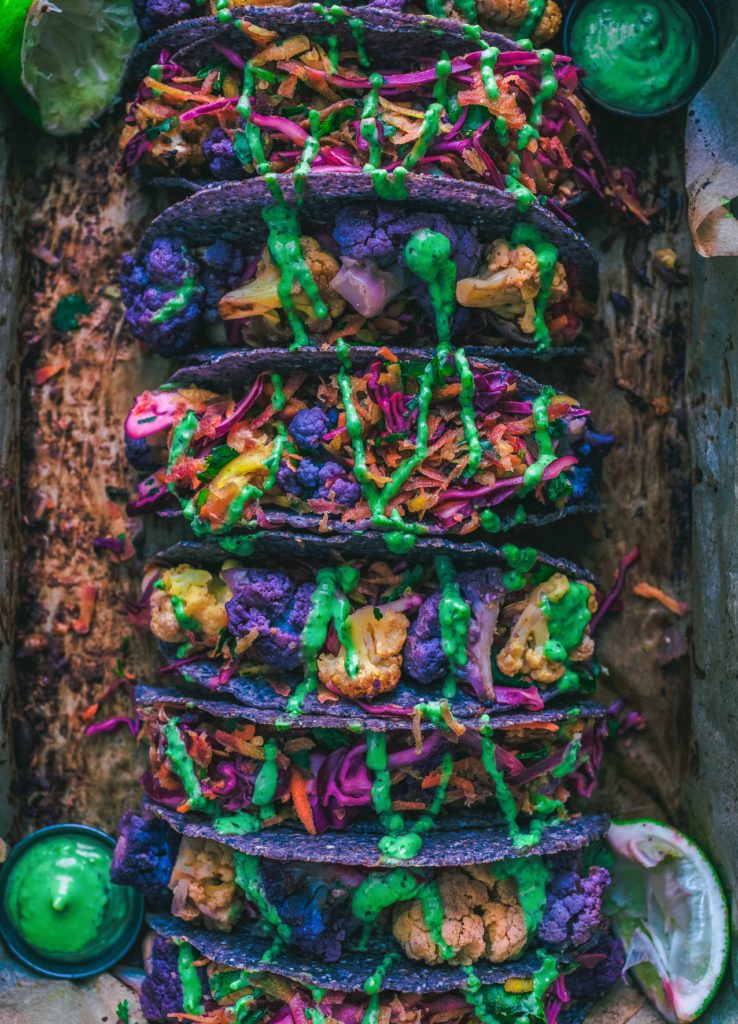 Cut out (or down on) meat, lose weight. And, while you’re at it, protect your heart, sidestep cancer and live longer.
Cut out (or down on) meat, lose weight. And, while you’re at it, protect your heart, sidestep cancer and live longer.
It’s a promising premise. “By reducing meat consumption, we can see improvements in our blood sugar levels [and] blood cholesterol levels, as well as decrease our risk for heart disease and some types of cancer,” says registered dietitian nutritionist and vegetarian Vandana Sheth, spokeswoman for the Academy of Nutrition and Dietetics.
According to research published by the Academy, vegetarians tend to have lower body mass indexes than meat-eaters, and, in one study presented at the Obesity Society’s 2013 meeting, overweight and obese people who followed a vegetarian diet lost more weight than those who ate meat – even though both groups consumed the same number of calories. What’s more, one JAMA Internal Medicine study followed more than 70,000 adult Seventh-day Adventists and found that those who ate meat or fish less than once a week had a lower risk of death from any cause than those who ate meat and fish more often (did we mention that obesity-related illnesses are the primary cause of an early exit in the U.S.?).
But losing weight and being healthier isn’t about simply about eliminating meat, it’s about how you replace that meat, says Sacramento-based registered dietitian and vegetarian Alexandra Caspero. In one recent PLOS ONE study of 1,320 adults, researchers found that vegetarians had higher incidences of cancer, allergies and mental health disorders as well as greater health care needs compared to the omnivorous participants.
Perhaps those vegetarians fell for these oh-too-common eating mistakes. To prevent vegetarian weight gain and poor health, make sure you don’t:
1. Getting Your Fix From Fake Meats
“For new vegetarians, fake meats are a good way to transition to a vegetarian diet,” Caspero says. “However, they tend to be made with genetically-modified soy and contain fillers and sodium.” GMO foods, for one, are a hot topic, with experts debating their safety. GMO soy in particular has been linked to damage of the kidneys, liver, testes, sperm, blood and DNA, according to one 2015 Turkish Journal of Biology study.
What’s more, many options are just as high if not higher in fat, sodium and calories than the real thing, per Sheth. Opt for black-bean burgers and quinoa patties over processed, faux chicken.
2. Filling Your Plate’s Empty Spot With Refined Carbs
White pastas, French bread, chips and pretzels are all vegetarian. But no one’s saying they’re health foods. They are packed with calories and sugar, and offer little fiber or real nutritional benefit, Sheth says. When you chow down on a plate of refined carbs, your body quickly digests their simple carbs, spiking your blood sugar and insulin levels. If you find yourself constantly pin-balling between hunger, eating and then hunger again, refined carbs may be part of the reason – and the vegetarian weight gain that follows.
But that doesn’t mean the right carbs can’t stand in for your missing meat, Caspero says. She recommends eating carbs such as whole grains and produce that have lower glycemic index (an indication of how a food affects blood sugar levels) and more fiber. They’ll cause a more gradual increase in blood glucose and insulin, take longer to digest and leave you feeling fuller longer. Plus, many whole grains – including quinoa, amaranth, oats and barley – are rich in protein, which can also help you feel full.
3. Forgoing Protein-Filled Plants
4. Eating a Ton of Cheese
A lot of vegetarians – especially new ones – worry about skimping on protein, Mangels says. Their solution? Eat more cheese. “Swapping out a turkey sandwich for grilled cheese isn’t going to help with weight loss or increased health benefits,” Caspero says. Remember, 1 ounce of cheese contains an average of 100 calories and 7 grams of fat.
While you needn’t banish cheese from your diet (provided you aren’t going vegan), you’d be better off getting your protein from plants such as quinoa, beans and lentils, Caspero says.
5. Getting Your Protein From Smoothies
“While plant-based smoothies can be a healthy option for enjoying fruits, vegetables and protein, watch your portion sizes. They can add a significant calorie load, especially if they are store-bought,” Sheth says. Many smoothies, even green ones with scoops of protein powder added in, contain a lot of fruit, yogurt, and sometimes even sherbet, to help make the concoction more palatable. Some wind up containing more sugar than candy bars.
What’s more, she says, when you drink your protein, your brain doesn’t register protein the same as it does when you’ve chewed it up, meaning you won’t feel as full or satisfied after that protein-packed smoothie as you would if you’d cut up and chewed your food.
Written for USNews.com